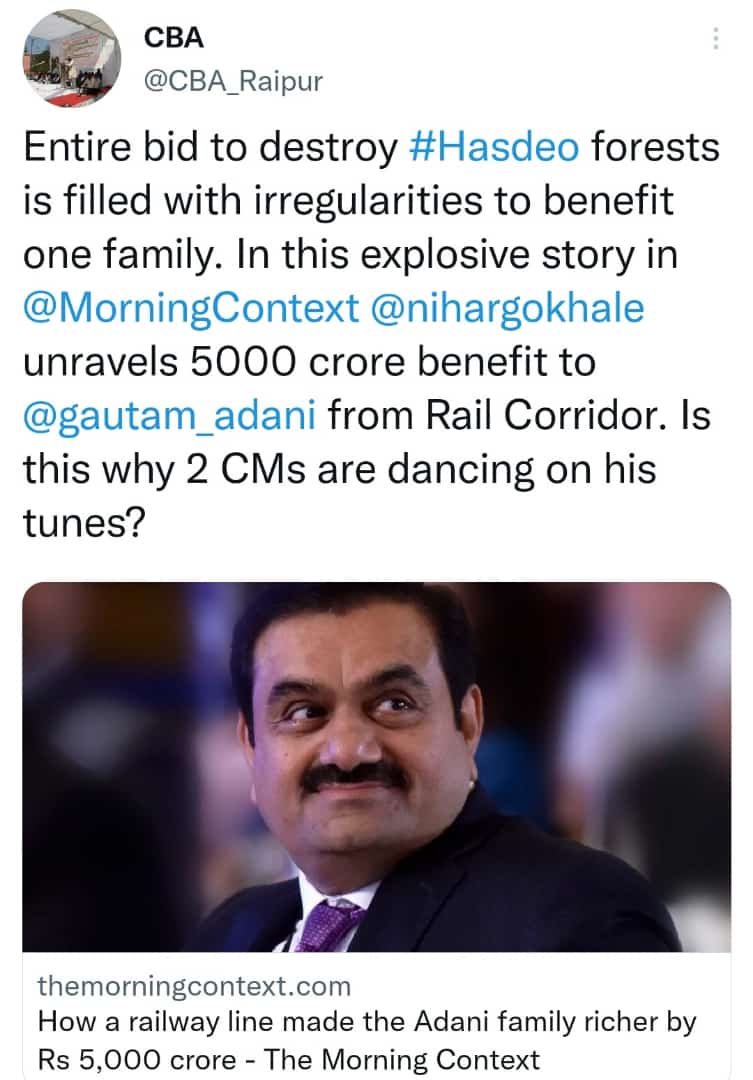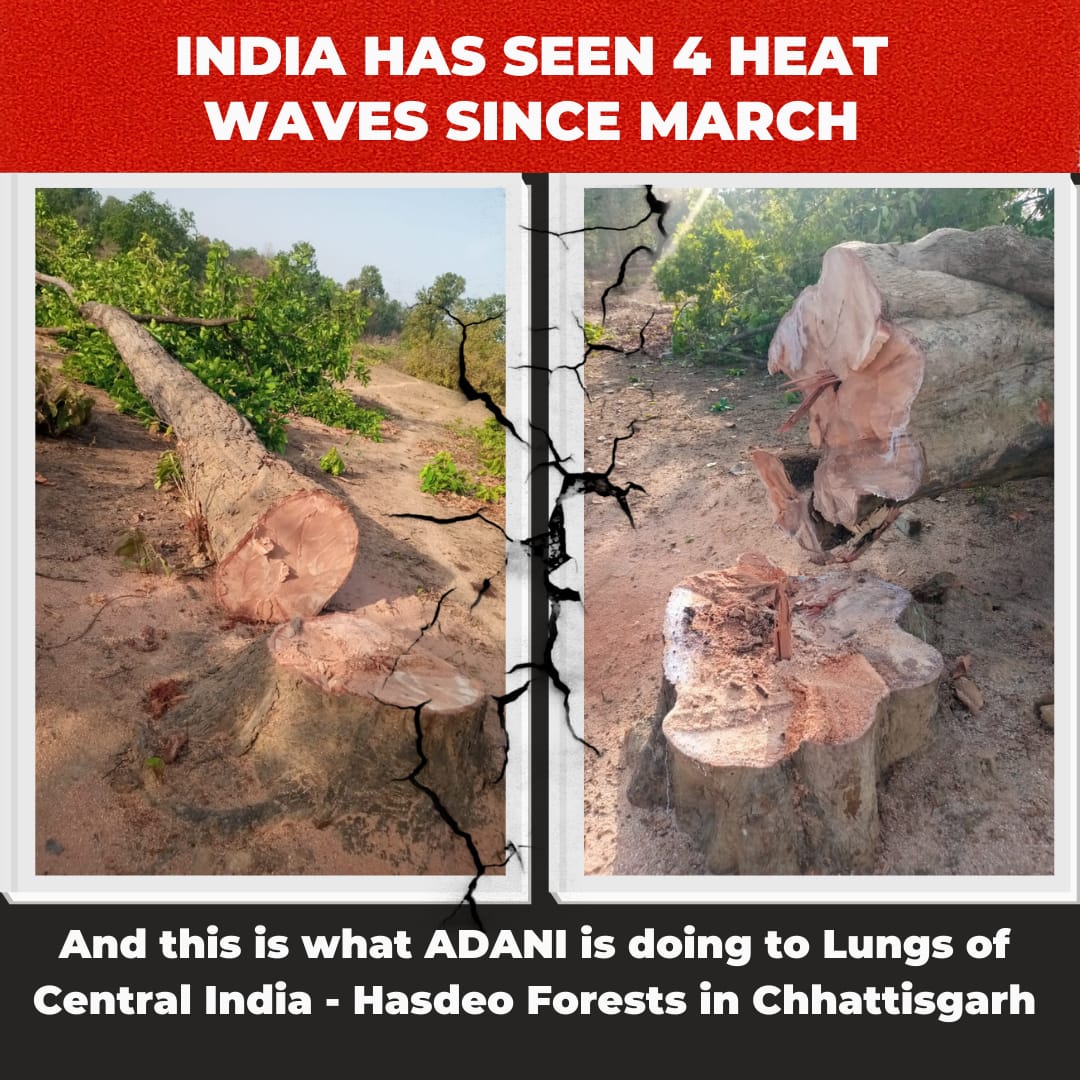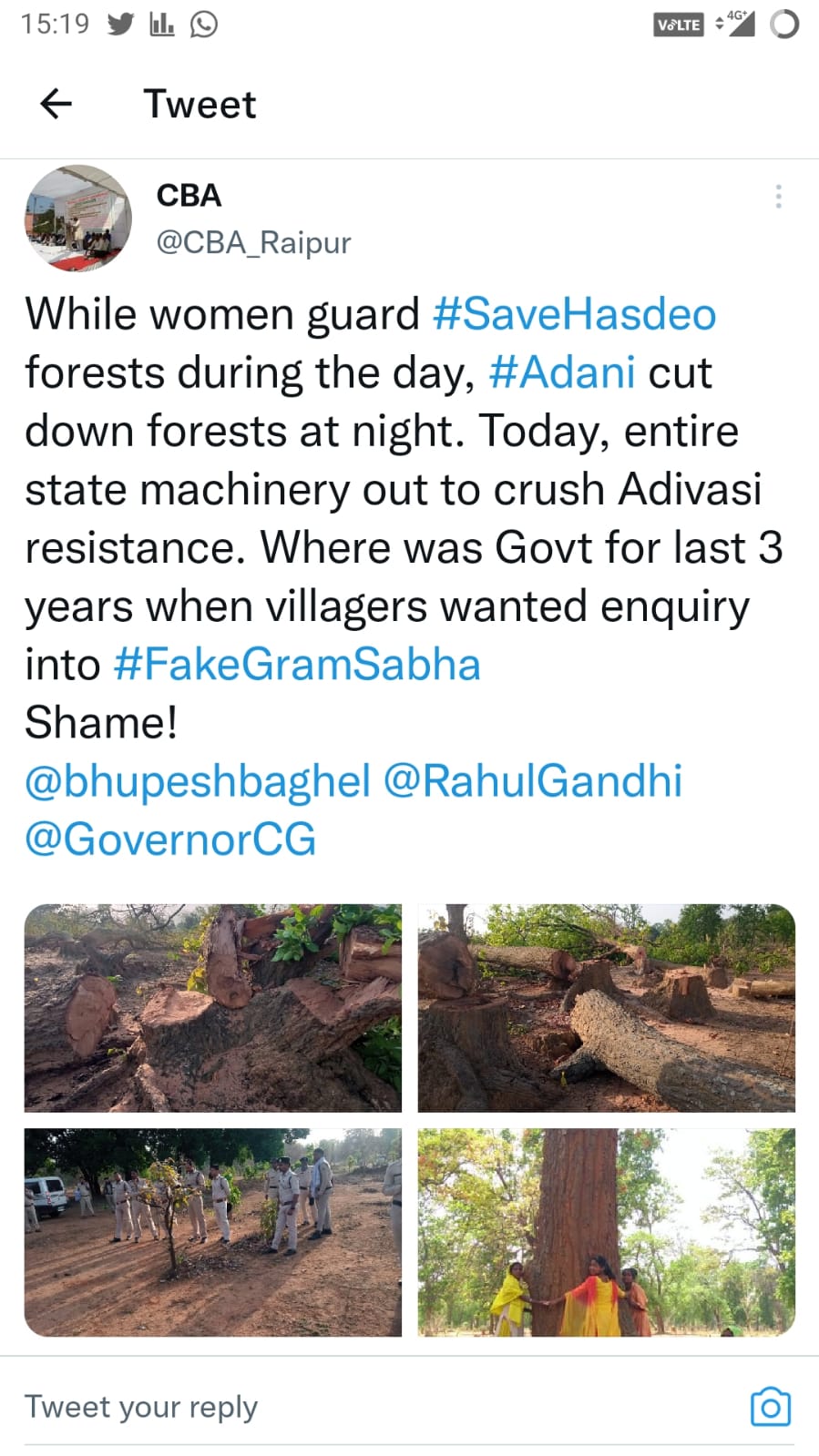Why we need feminist leadership for climate justice
https://countercurrents.org/2022/05/why-we-need-feminist-leadership-for-climate-justice/
It is increasingly clear that climate change is a social justice issue that can be resolved only if global inequalities are addressed. There is a well-documented wealth gap – reflecting historical injustices and unequal power relations – between the nations responsible for emissions and those forced to deal with their harsh effects, which range from flooding to droughts and wildfires.
For all too long, white men in the Global North – largely untouched by the catastrophic realities of climate change – have dominated the climate debate. Those in the Global South, particularly women and Indigenous communities, have been ignored. The result is emissions that are higher than ever and a lack of climate finance to support mitigation and adaptation actions, and loss and damage.
Meanwhile, business-as-usual ‘solutions’, such as carbon offsetting, seem to worsen rather than address global inequalities. Oil giant Shell, for example, plans to offset 120 million tonnes of carbon dioxide from its polluting activities with large-scale tree plantations that are likely to drive land grabs in the Global South.
As Kenyan environment and climate activist Elizabeth Wathuti said:
“If we are serious about tackling the climate crisis we need to start listening and feel the pain of those suffering the consequences already today.”
06/05/2022
Hasdeo Forests & Adani

Mining in 841 hectares of Hasdeo forest will lead to:
1) Displacing 700 Adivasis who have lived in sync with nature for eons
2) Axing of 2 lakh old growth trees in one of India's most biodiversity rich forest
3) Increase in human-elephant conflict
4) Increase in #climate crisis
Please realize, it wont stop at 1 block. It wont stop at 840 hectares.
This movement will decide the future of India, our food and water security.
#SaveHasdeo even if it means our top billionaire will earn a few crores less.


Ahimsa Conversations over two years
Is violence more natural than nonviolence? http://youtube.com/embed/7H4cw3N1364?start=17&end=117
What is ahimsa? http://youtube.com/embed/7H4cw3N1364?start=118&end=274
How are ahimsa, justice and politics related? http://youtube.com/embed/7H4cw3N1364?start=275&end=356
Why is ahimsa not a mere tactic for protestors? http://youtube.com/embed/7H4cw3N1364?start=357&end=487
Ahimsa and Justice: http://youtube.com/embed/7H4cw3N1364?start=487&end=605 08:07-10.07
Can Ahimsa help to shape the present and future? http://youtube.com/embed/7H4cw3N1364?start=606&end=745
Ahimsa Conversations Live # 1 : Second Anniversary
Ahimsa Conversations Montage # 2
Page 34 of 53
